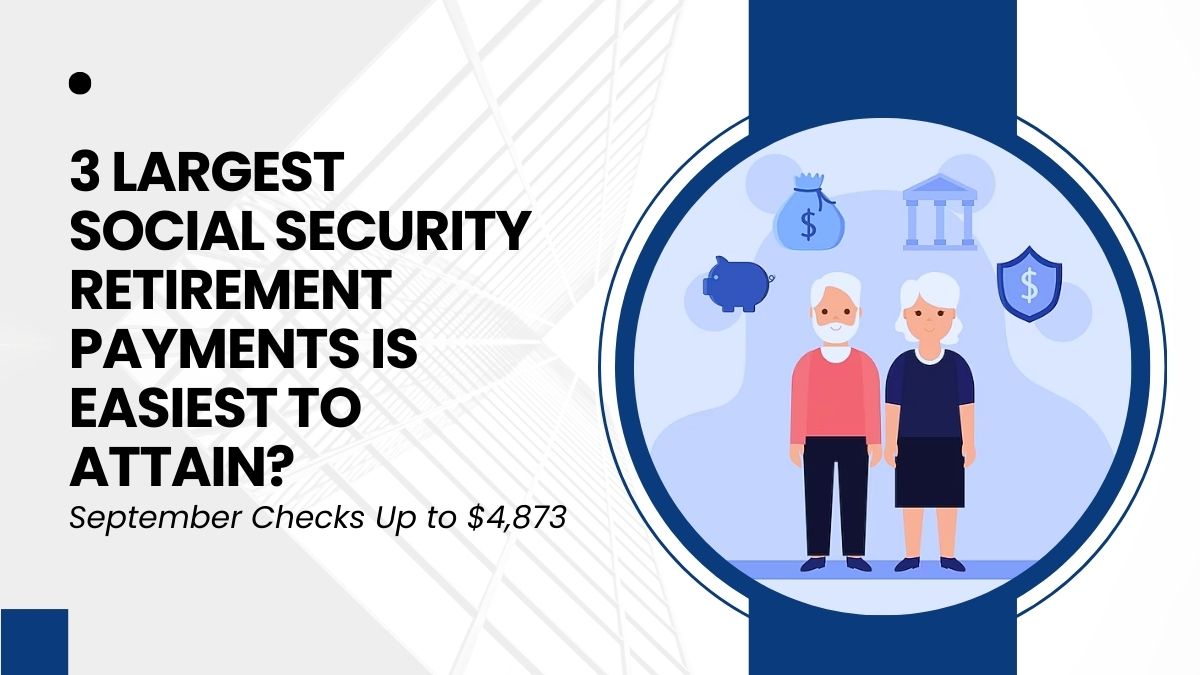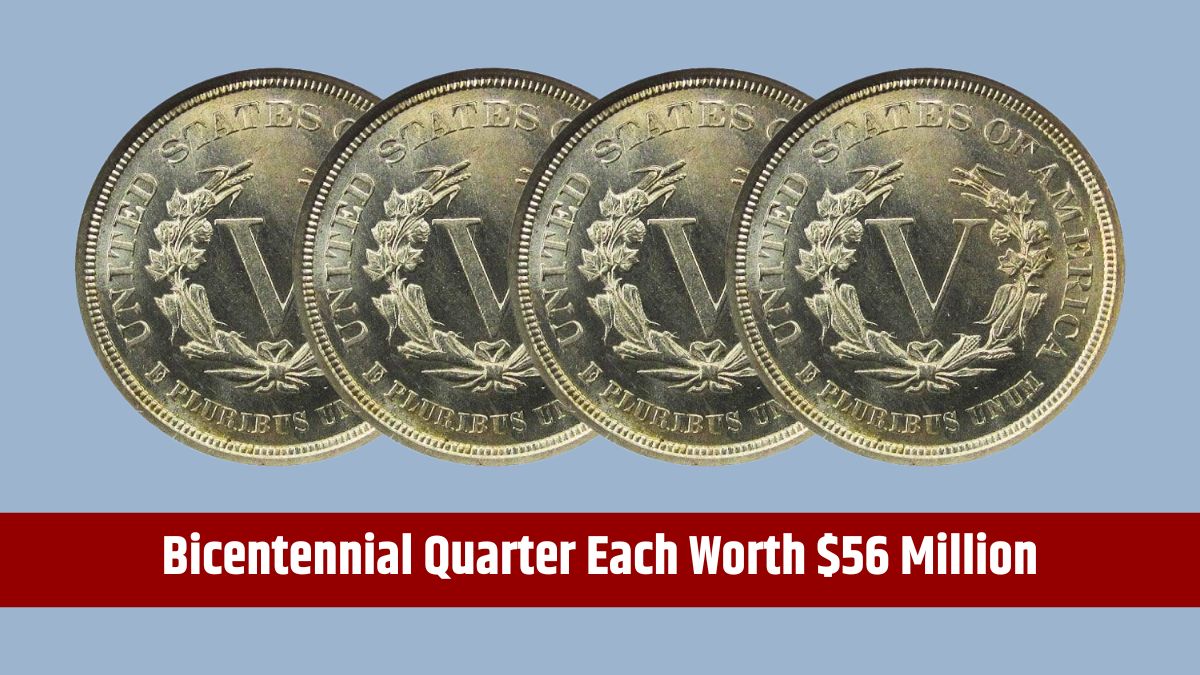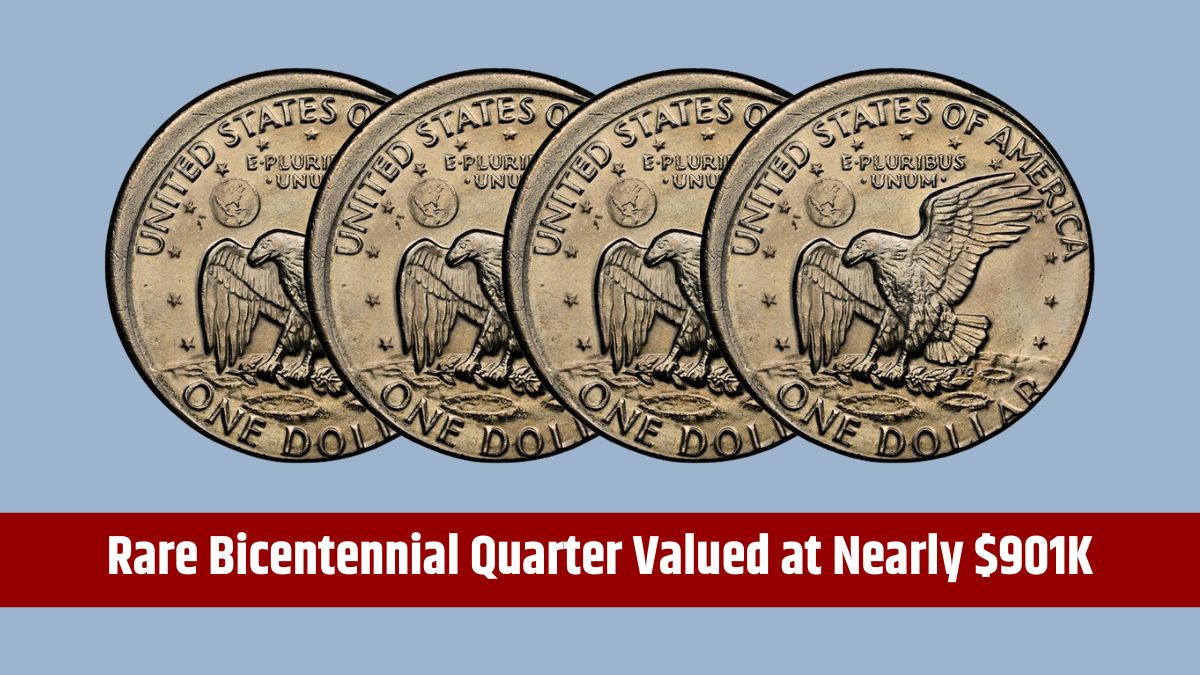Planning your September budget? If you’re a Social Security recipient, you should know that payments will be issued on September 3, 11, 18, and 25. The amount you receive, however, isn’t a flat rate for everyone. Instead, it depends on several factors, including your earnings history, the age at which you started claiming benefits, and how much you contributed to Social Security during your working years.
Contents
- 1 Payment Amounts
- 2 Requirements
- 3 Large or Small Payments?
- 4 September Payment Dates
- 4.1 $1,450 SSI Payments Post-2025 COLA Increase – Verify Your Eligibility
- 4.2 FAQs
- 4.3 How much can I get if I file at 70?
- 4.4 What is the FRA for those turning 66 in 2024?
- 4.5 What if I file for Social Security at 62?
- 4.6 Social Security Maximum Benefit for Full Retirement Age Workers – Changes Following the 2025 COLA Increase
- 4.7 When will I get my September payment?
- 4.8 Why should I delay retirement to 70?
Payment Amounts
Social Security payments can vary significantly depending on when you start claiming them. The highest possible monthly payment in 2024 is $4,873. But to qualify for this, you would have had to delay filing until age 70. If you chose to claim benefits at your Full Retirement Age (FRA)—which is 66 years and 8 months for those turning 66 in 2024—you could receive up to $3,822 per month. However, if you claimed early at age 62, your maximum payment would drop to $2,710.
| Filing Age | Maximum Payment (2024) |
|---|---|
| 70 | $4,873 |
| FRA (66y8m) | $3,822 |
| 62 | $2,710 |
Requirements
So, how do you secure that top-tier $4,873 monthly check? The key lies in a few crucial factors. First, you must wait until age 70 to file for benefits. This means delaying retirement, which might be easier said than done. Additionally, you’ll need to have worked for at least 35 years, consistently earning the maximum taxable income during that period. Lastly, you need to ensure that you paid the required amount in Social Security taxes throughout your career.
If you decide to claim benefits earlier at FRA or age 62, meeting these criteria still matters, but your monthly benefit will be lower. The earlier you claim, the more your payment decreases, regardless of how much you’ve worked or paid into the system.
Large or Small Payments?
Your monthly Social Security check will largely reflect how well you meet these requirements. Achieving the maximum payment at age 62, for instance, is less challenging because it requires fewer working years. However, the trade-off is that the check will be smaller compared to what you would receive if you delayed until 70.
On the other hand, postponing retirement until age 70 can significantly boost your monthly benefits, thanks to a 24% increase in your payment. This “reward” for delaying can make a substantial difference in your financial security during retirement.
September Payment Dates
As for when you’ll receive your payment in September, the date depends on your birthdate and when you started receiving benefits. If you began receiving benefits before May 1997, your payment will be issued on September 3.
For those with birthdays between the 1st and 10th of any month, the payment will come on September 11. If your birthday falls between the 11th and 20th, expect your payment on September 18. Finally, those with birthdays from the 21st to the 31st will receive their check on September 25.
| Payment Date | Birthdate Range |
|---|---|
| September 3 | Before May 1997 |
| September 11 | 1st-10th |
| September 18 | 11th-20th |
| September 25 | 21st-31st |
If you’re still working and planning for retirement, it’s crucial to know these factors to maximize your Social Security benefits in the future. The more you know, the better you can plan and optimize your financial future.
FAQs
How much can I get if I file at 70?
Up to $4,873 per month.
What is the FRA for those turning 66 in 2024?
66 years and 8 months.
What if I file for Social Security at 62?
You could receive up to $2,710.
When will I get my September payment?
Depends on your birthdate and start date.
Why should I delay retirement to 70?
To benefit from a 24% increase in payments.













